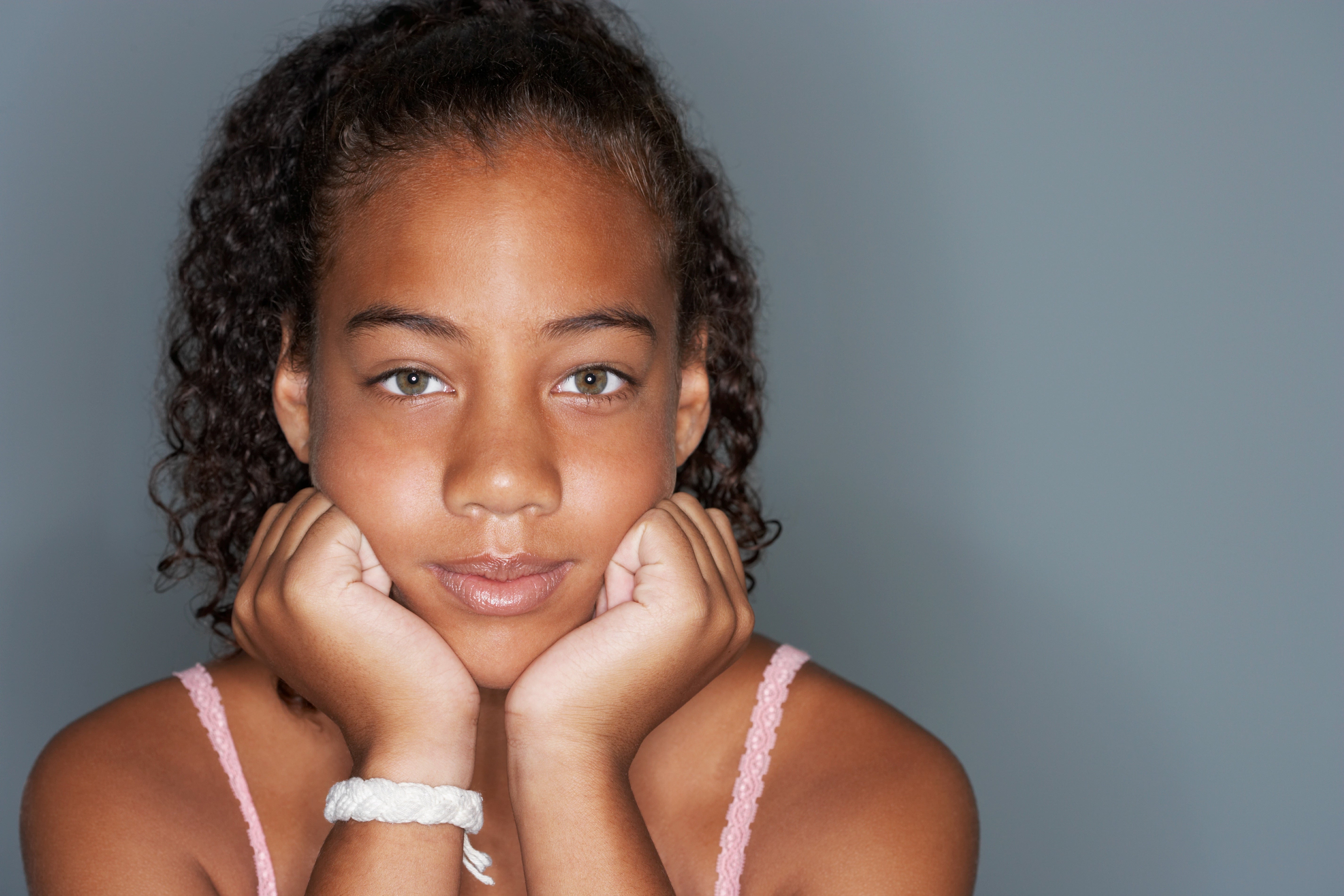
I hadn’t thought back to what it was like being a teenage girl until I read “Our Teens’ Secret Sex Lives” by Jeannine Amber in the October issue of ESSENCE.
ESSENCE teamed with the National Campaign to Prevent Teen and Unplanned Pregnancy for an unprecedented study; Under Pressure: What African-American Girls Aren’t Telling You About Relationships. In turn, ESSENCE senior writer Jeannie Amber spoke to dozens of teens to find out what’s really going on in “empty classrooms, school classrooms, and living rooms when parents aren’t home.” The result? Our kids are getting into trouble most parents know nothing about.
Experts say the challenge for many African-Americans isn’t that we aren’t talking to our children, but rather many of us are having the wrong kinds of conversations.
“Parents tend to focus on pregnancy prevention in order to keep children on track to fulfill the hopes and dreams they have for them,” said Vickie Mays, an expert on race and sexual behavior. “But if you want to prevent pregnancy, the conversation can’t just be ‘don’t, don’t, don’t.’ We need to talk to children about what they’re doing and feeling, what they’re thinking about.”
What Amber describes in her story is much worse than anything I remember encountering as a teen in the suburbs (usually thought of as better in comparison to urban environs, but trust; boredom and access to disposable income breeds its own problems). In one instance, Amber talks to two girls, both 13, who describe having their breasts flicked by other teenage boys as they walk the hallways of their school. (The girls don’t report it out of fear of being labeled a “snitch.”) The girls also describe a series of psychological games where an interested boy will have his friends tell a girl she is ugly or has nappy hair or has lopsided breasts (virtually anything to make her feel unattractive), then the interested boy will scoop in and say, “I think you’re beautiful.” Once he’s seen as her Prince Charming, so begins the campaign for sexual favors.
These aren’t isolated incidents. Experts say activity like this — and worse — happens to our children in schools around the country.
Clearly, this is a problem. As a parent, how would you talk to your teens — girls and boys — about stopping it?
Demetria L. Lucas is the author of “A Belle in Brooklyn: Your Go-to Girl for Advice on Living Your Best Single Life” (Atria) in stores now. Follow her on Twitter at @abelleinbk





